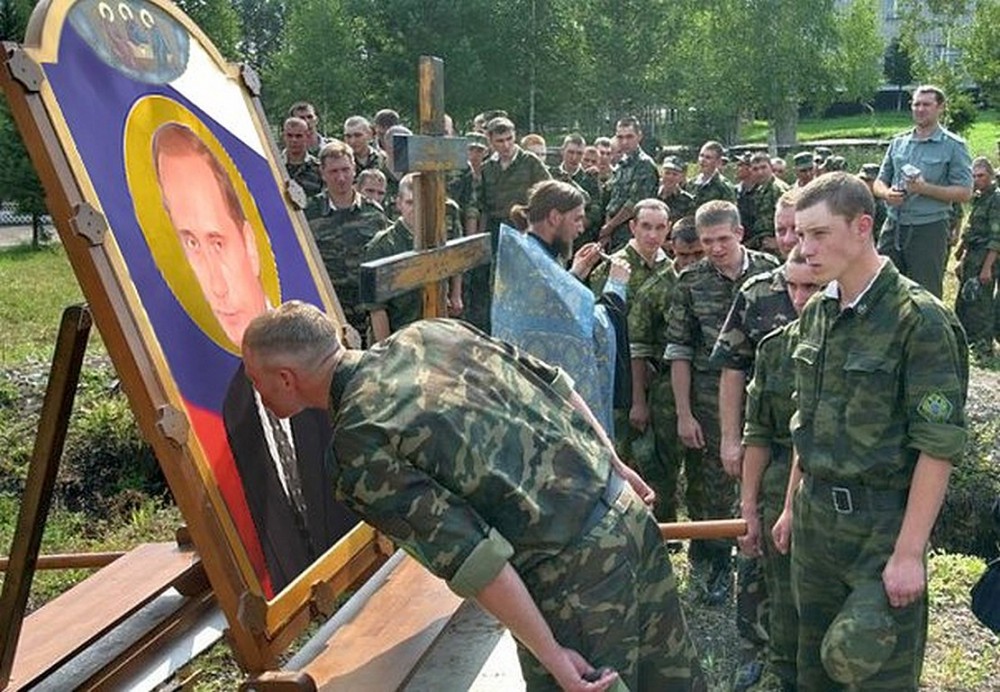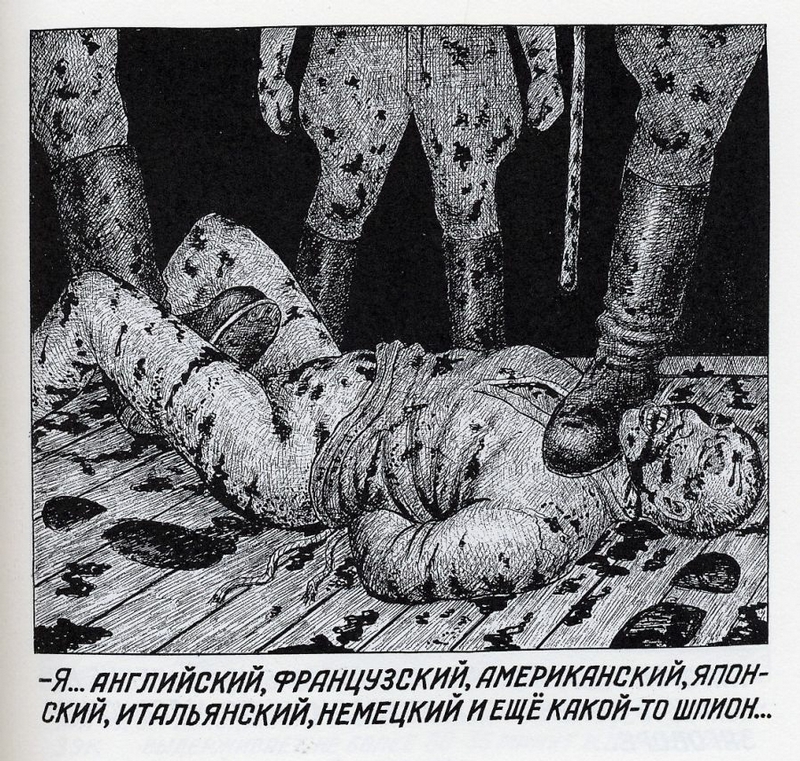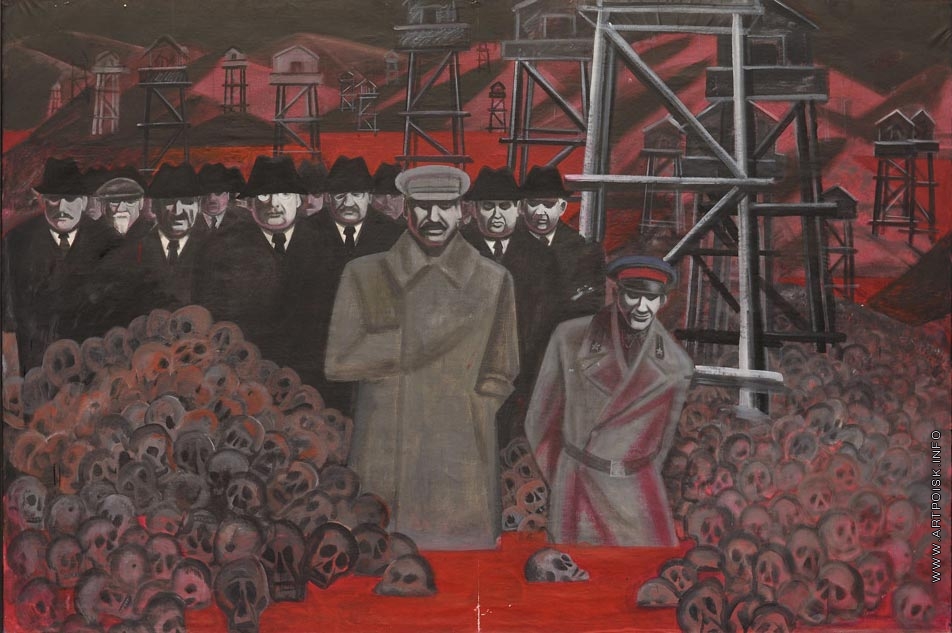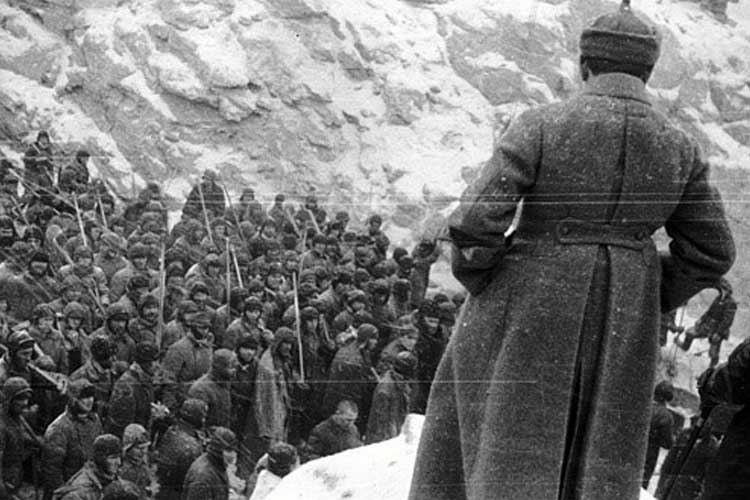Vladimir Pastukhov says that Putin’s Russia is well on its way to “criminal neo-totalitarianism” with all the attributes thereof, including terror and a GULAG, and that Russia will have a chance to become a democracy only after a long period in which it will be cured of the values that are making this possible.

Interviewed by Polit.ru’s Natalya Galimova, the St. Antony’s College historian begins by contrasting authoritarianism, on the one hand, and totalitarianism and neo-totalitarianism, on the other, with the latter in his view being “a malignant degeneration” of the former because they require the masses to be involved in their crimes.
“In an authoritarian state,” he says, “’ugly actions’ are carried out with the silent agreement by the passive non-participation of the population,” while “in a totalitarian state, [such actions] are created with the active and effectual participation of the masses,” reflecting such state’s need that the population be as dependent on the state as the drug addict is on narcotics.

Putin’s Russia is working hard to include people in the political process, he argues, via things like the Krymnash movement which very much has an ideology, all of which sets the current regime apart from “Russia of the ‘90s’” when people were indifferent to what the state did and thought they had immunity from totalitarianism.
To be sure, Pastukhov says, many of the “signs of totalitarianism in contemporary Russia exist in a weakened form” compared to what they were earlier; and that is why, he continues, he prefers to speak not about totalitarianism in Russia today but rather about “neo-totalitarianism” and about Russia being on the road that will lead from bad to worse.
To make his point, the Russian historian tells the following anecdote. A man was in a hospital and when he wakes he sees that he is being carried off somewhere by the staff. He asks “Where are you taking me?” They answer: “To the morgue.” He then cries out, “But I am not yet dead.” And they respond, “We aren’t yet at the morgue.”
Challenged on this possibility, the historian responds that “the Russian authorities do not have any internal limitations” on themselves. The only constraints are external, and consequently, the powers that be will go as far as they think they need to in order to maintain their power.
 There is no reason to think that there is a great difference between the 20th century which gave rise to the classic totalitarian regimes and the 21st, he argues. Can anyone “seriously think that contemporary Russians are ‘more cultured’ than Germans of the 1930s? What do we know that they didn’t?”
There is no reason to think that there is a great difference between the 20th century which gave rise to the classic totalitarian regimes and the 21st, he argues. Can anyone “seriously think that contemporary Russians are ‘more cultured’ than Germans of the 1930s? What do we know that they didn’t?”
Pastukhov says that those who think the impoverishment of Russians will restrain the state are wrong: “In Russia, in contrast to the West, the economic situation exerts a minimal impact on how the people view the authorities.” In most cases, they will support them even if they are crushed by them.
Indeed, he continues, “a correlation between an economically poor state of the people and revolution in Russia never was and never will be.” One could even suggest, Pastukhov says, that a well-fed and flourishing Russia is more likely to make a revolution than a Russia whose population has been reduced to the status of the North Koreans.
“It turned out,” he says, “that Medvedev’s liberal policy was incompatible with the preservation of the economic commanding heights in the hands” of Putin’s entourage and that they decided Putin needed to return in order to introduce the kind of authoritarian rule Medvedev was incapable of running.
And as far as Russia’s prospects for becoming a democratic state are concerned, Pastukhov says that they are “theoretically” possible but that the existing “criminal neo-totalitarianism” is so horrific that it won’t be possible to go from it to democracy in a single bound. Instead, it will involve a length process of transition.
He suggests that Russia if it is to make such a transition will do so in the Hegelian way, with a “first negation” and then “a second” one. In the first, Putin will be succeeded by someone who also lives according to “understandings” rather than law, but these will be different “understandings.” In the second, the successor would be someone who lives by law.





